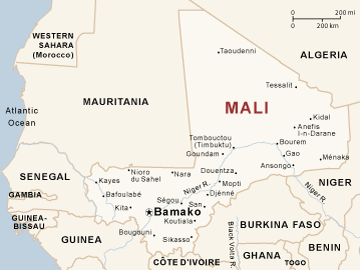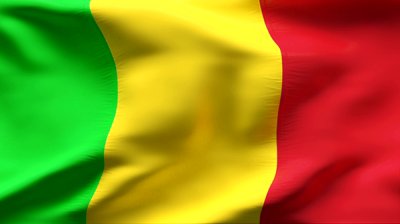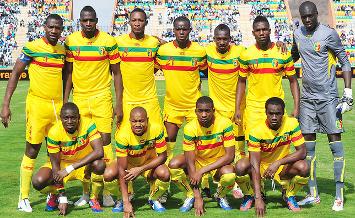welcome to MALI....
Most of Mali, in West Africa, lies in the Sahara. A landlocked country four-fifths the size of Alaska, it is bordered by Guinea, Senegal, Mauritania, Algeria, Niger, Burkina Faso, and the Côte d'Ivoire. The only fertile area is in the south, where the Niger and Senegal rivers provide water for irrigation.

We will be living in the capital city called BAMAKO - 2.037 million people (2011)
The City currently has 3 university campuses with over 100,000 university students... a couple more campuses are due to be built in the near future.
The amazing part about this strategy is the impact that we will be making on most of W.Africa. Many students travel from the neighboring countries and come to Bamako University to study. These students are also VERY focused and intentional about their future plans. From geology (Timbuktu is known for its gold mines) to political positions, to government officials, the students who attend Bamako University will be making an impact on our world!
While visiting Bamako we noticed that there was not much of an impact within the local church to target this next generation. We are excited to partner with pastors and the long established national church in Mali and strategically focus on this next generation.
Mali has a VERY rich heritage within Africa. It is very well known for its musical impact on all of Africa. It is also famous for the northern town of Timbuktu... where it was once said that if you could get there, as a missionary, you were reaching the inner parts of Africa!
There are 2 seasons for weather in Bamako. Dry season and wet season. Mali has been recognized as the second hottest country in Africa (1st being Djibouti). The dry season begins in March and runs through May (average temps are 110f ). The wet season occurs from July to November.
The city life is busy. It seems as though many countries have their fingers involved in developing the infrastructure of Mali. There is no McDonalds and not much of a Western presence within this capital city. The French roots are still deep and much of the life and culture is based upon the French colonization.
Recently (2012) Mali experienced a coupe d'etat that involved more than what the people bargained for and yet was crucial for advancing the gospel today especially among the next generation. To read a very concise and factual summary of all that occurred CLICK HERE
With recent outbreaks of Ebola (very limited) Mali has done a great job of educating the people and patrolling the borders keeping it very limited to spreading in Mali. With the Niger river running through the capital Malaria is still a rampant virus.

Mali is the eighth largest country in Africa, with an area of just over 1,240,000 square kilometres. Its capital is Bamako.
- Currency: West African CFA franc
- Government: RepublicNational Holiday: Independence day, Sept 22Religions: Muslim 94.8%Christian 2.4%Animist 2%None / unspecified .8%Literacy Rate: 33.4% (2011 est.)
